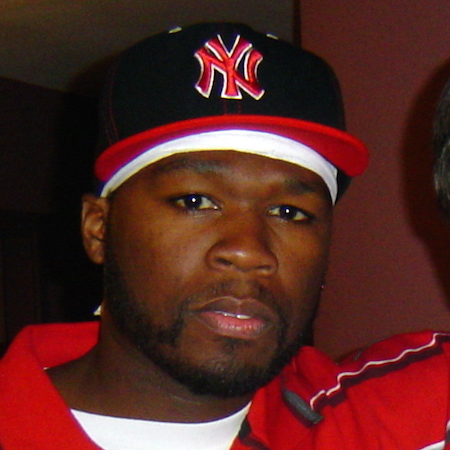Hip-hop has always been more than a sound; it’s a lifestyle, a statement, and a form of expression that can’t be boxed in. When video games started catching up with the culture, it wasn’t long before rappers stepped into the digital arena to flex their art in new ways. What started as background music for basketball or racing titles evolved into fully-fledged rap experiences that blended beats, bravado, and battle.
One of the first games to truly bring hip-hop to the forefront was Wu-Tang: Shaolin Style. At the height of the Clan’s reign, RZA and company dropped a fighting game that was pure Shaolin swagger. Every character was based on a real member of the group, each one bringing their unique flow to combat form. It wasn’t just a game; it was a movement. Seeing Method Man or ODB turn martial arts into mic warfare was a dream for fans who lived and breathed the 36 Chambers.
Then came Def Jam: Fight for NY, which still stands tall as the crown jewel of rap-inspired gaming. Picture this: Snoop Dogg as the villain, Ludacris throwing haymakers, and Fat Joe putting in work with finishing moves that could make a crowd scream louder than a sold-out arena. The lineup was ridiculous: Ghostface Killah, Redman, Scarface, and more. Every punch hit like a beat drop, and the soundtrack turned every fight into a street anthem.
50 Cent wanted in on the action, too, and Blood on the Sand took his persona to wild new places. Forget the streets of Queens, this time, Fif was blasting his way through the Middle East in a diamond-skull heist story that was as outrageous as it was entertaining. It wasn’t high art, but it was pure attitude. You could feel the bravado of early 2000s rap pulsing through the controller, reminding everyone why G-Unit ran the game.
Marc Ecko’s Getting Up: Contents Under Pressure brought a different flavour, tapping into graffiti culture and the fight against gentrification. With RZA, Diddy, and Talib Kweli lending their voices, it gave players a story about rebellion, creativity, and the politics of street art. It wasn’t just about tagging walls; it was about claiming space and making your voice heard.
Even mainstream titles like NBA 2K16 and Madden NFL 20 made sure hip-hop stayed centre stage. 2K’s collaboration with DJ Khaled, DJ Premier, and DJ Mustard gave gamers a soundtrack that hit harder than a dunk in The Rucker. And when Madden added Migos, DJ Khaled, and Snoop as playable characters, it sealed the bond between sports gaming and hip-hop forever.
Interestingly, the culture’s reach doesn’t stop there; music has always heavily influenced online slots and gaming as a whole. Games like Pimped, Hip Hop Panda, and Top Dawgs show how far the sound and style of hip-hop have spread, turning reels and symbols into rhythm and attitude.
At its best, a great rap game isn’t just entertainment, it’s an extension of the music itself. The swagger, the grind, the creativity, the hustle. From the underground brawls of Fight for NY to the neon lights of Hip Hop Panda, hip-hop continues to prove it can thrive in any medium. The stage might change, but the message stays the same: if it moves the crowd, it’s real.

